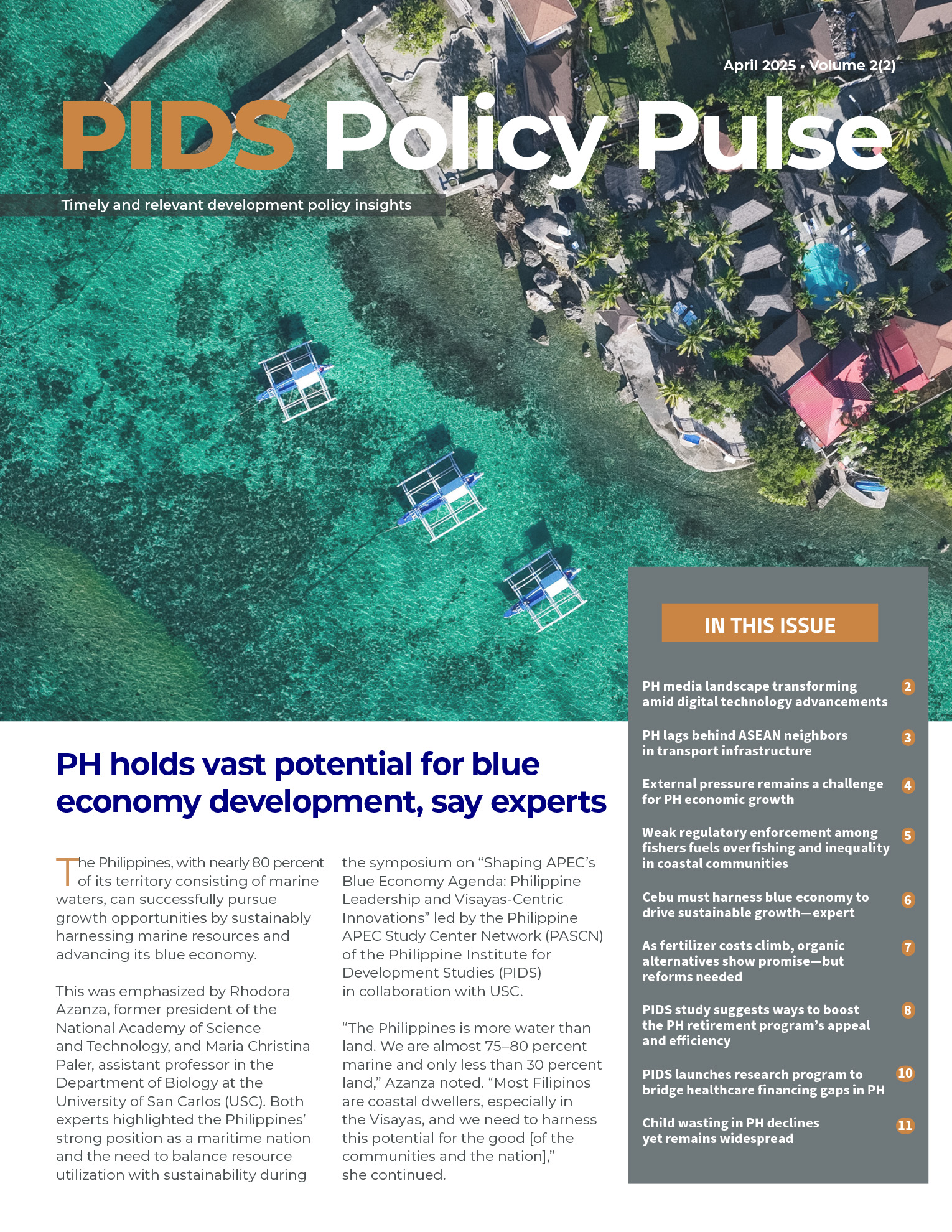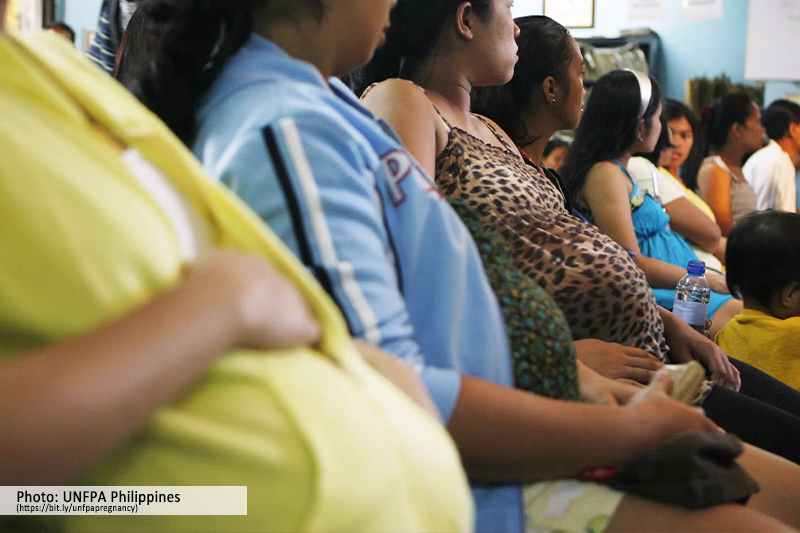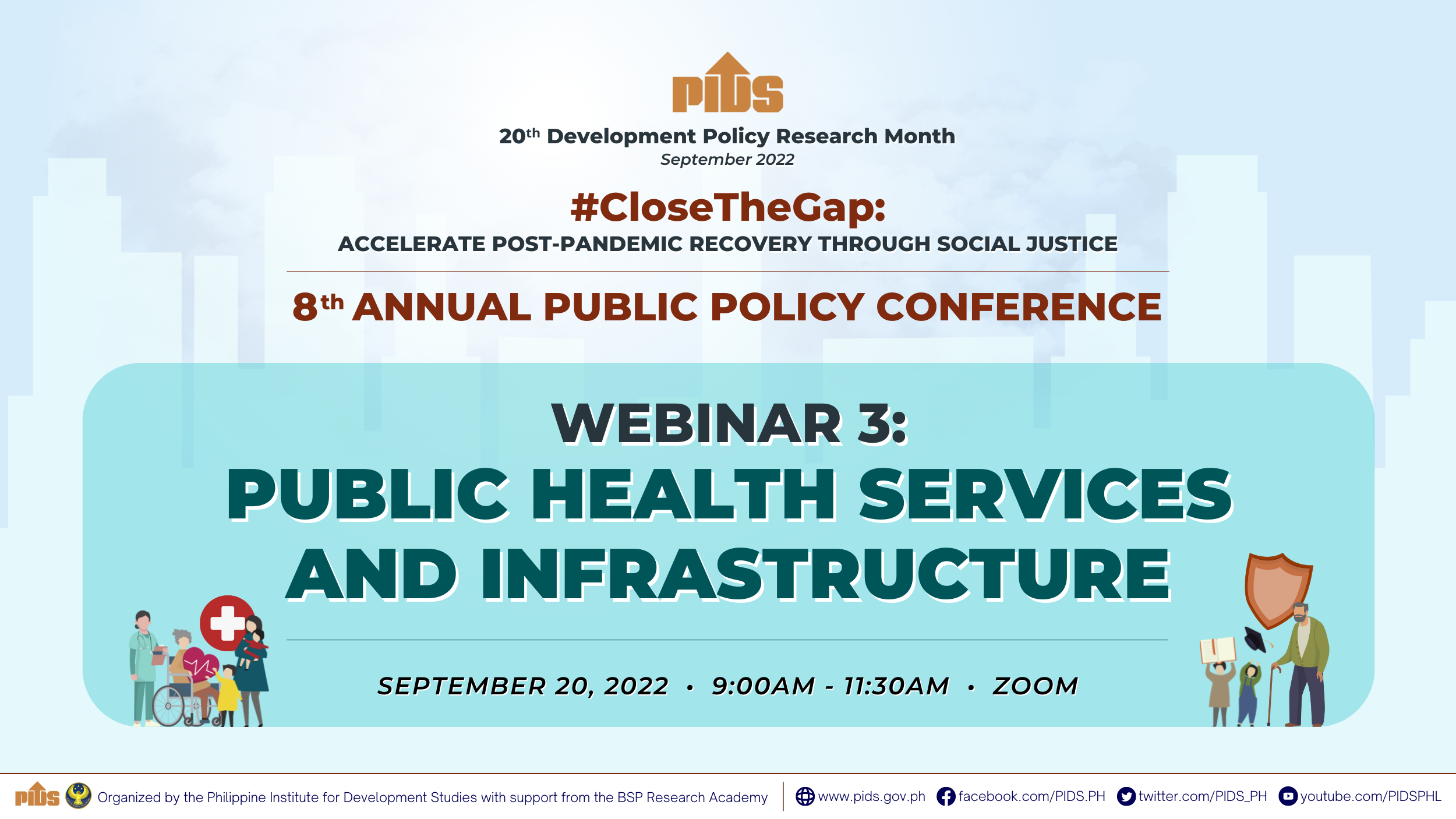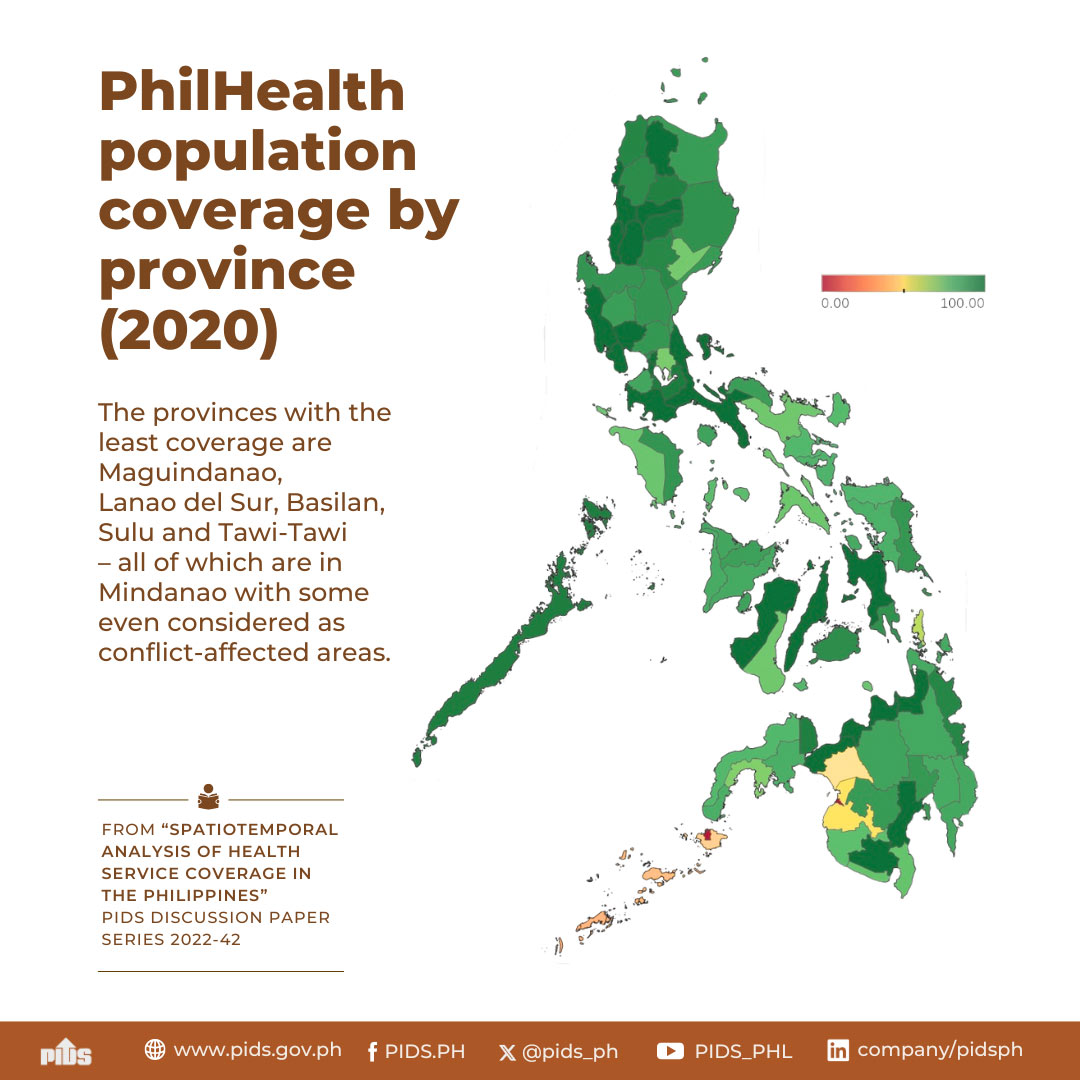The Philippines needs to boost its medical tourism industry to get a bigger share in the regional medical tourism market
Oscar Picazo, senior research consultant for health of state think-tank Philippine Institute for Development Studies (PIDS), underscores in a policy note that the Philippine medical tourism continues to get a miniscule share of the medical tourism market even if it offers better prices in surgical procedures than its Asian competitors.
According to Picazo, the Philippines is among the top 15 medical tourism destinations in 2010. The country is ranked 11th on medical tourism which has 80,000 medical tourists but tails behind Thailand (1st), Singapore (2nd), and Malaysia (5th).
Thailand has the topnotch position among the medical tourism destinations, with a total of 1.2 million medical tourists in 2010. Other ASEAN countries have shown exemplary performance, with Singapore having 600,000 and Malaysia with 350,000 medical tourists in the same year.
To improve the country's status, Picazo recommends the establishment of a coordinating body (council or board) among offices and agencies involved in the medical tourism industry. A marketing campaign for the 21 premier hospitals included under the Philippine Medical Tourism Program (PMTP) must also be crafted and implemented.
Attractive websites should also be developed to promote medical tourism instead of relying on less enticing news items and blogs. Medical facilities should also work toward international affiliations for quality assurance and vibrant medical campaign.
Although Long Stay Visitor Visa Extension (good for 36 months) has been introduced, Picazo urges local carriers (Philippine Airlines, Cebu Pacific) to develop medical airline packages so that more tourists will be enticed to visit the country. Strong ties between hospitals and international health insurance companies will also build a responsive and transparent pricing of medical services.
Inasmuch as there are many Filipino physicians who have foreign credentials, Picazo adds that Philippine hospitals should get accreditation from the Joint Commission International (JCI) as the country is still lagging behind in terms of JCI-accredited hospitals among its Asian competitors.
For more information, you may download the study through this link: http://dirp4.pids.gov.ph/webportal/CDN/PUBLICATIONS/pidspn1311.pdf
Oscar Picazo, senior research consultant for health of state think-tank Philippine Institute for Development Studies (PIDS), underscores in a policy note that the Philippine medical tourism continues to get a miniscule share of the medical tourism market even if it offers better prices in surgical procedures than its Asian competitors.
According to Picazo, the Philippines is among the top 15 medical tourism destinations in 2010. The country is ranked 11th on medical tourism which has 80,000 medical tourists but tails behind Thailand (1st), Singapore (2nd), and Malaysia (5th).
Thailand has the topnotch position among the medical tourism destinations, with a total of 1.2 million medical tourists in 2010. Other ASEAN countries have shown exemplary performance, with Singapore having 600,000 and Malaysia with 350,000 medical tourists in the same year.
To improve the country's status, Picazo recommends the establishment of a coordinating body (council or board) among offices and agencies involved in the medical tourism industry. A marketing campaign for the 21 premier hospitals included under the Philippine Medical Tourism Program (PMTP) must also be crafted and implemented.
Attractive websites should also be developed to promote medical tourism instead of relying on less enticing news items and blogs. Medical facilities should also work toward international affiliations for quality assurance and vibrant medical campaign.
Although Long Stay Visitor Visa Extension (good for 36 months) has been introduced, Picazo urges local carriers (Philippine Airlines, Cebu Pacific) to develop medical airline packages so that more tourists will be enticed to visit the country. Strong ties between hospitals and international health insurance companies will also build a responsive and transparent pricing of medical services.
Inasmuch as there are many Filipino physicians who have foreign credentials, Picazo adds that Philippine hospitals should get accreditation from the Joint Commission International (JCI) as the country is still lagging behind in terms of JCI-accredited hospitals among its Asian competitors.
For more information, you may download the study through this link: http://dirp4.pids.gov.ph/webportal/CDN/PUBLICATIONS/pidspn1311.pdf












